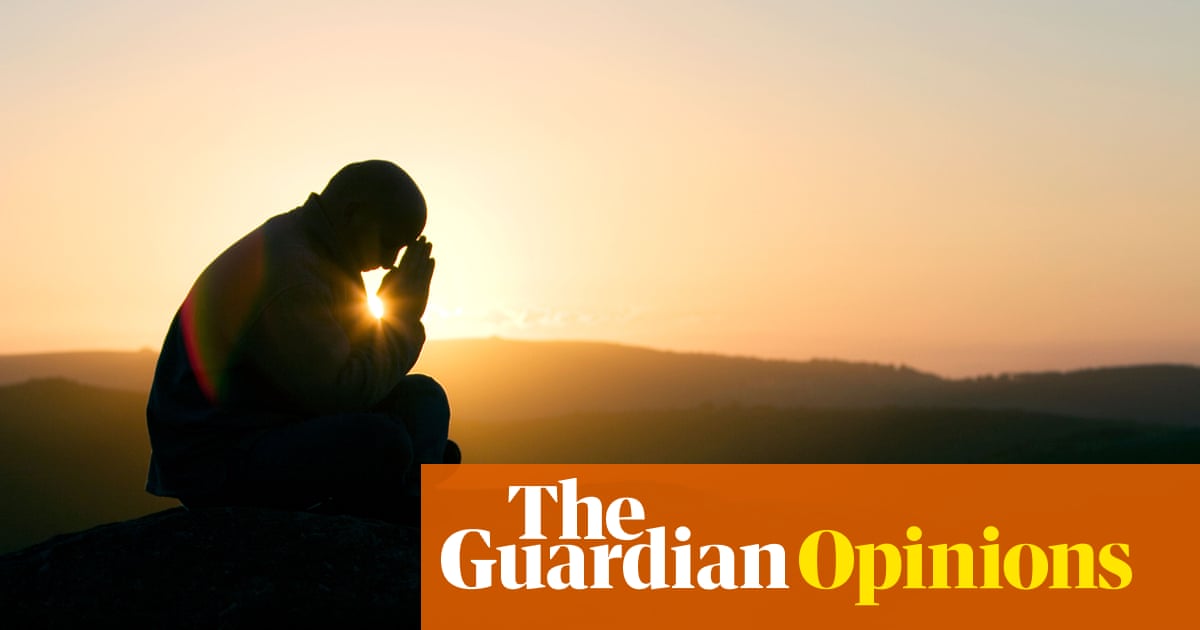In these turbulent times, we can all learn from novelist Anna Burnss creative process for opening her mind, says literary critic Alice OKeeffe

Sometimes, for us bookish types, a particular moment in time requires a particular author, as surely as a bout of winter flu requires paracetamol. So I was very glad to find myself, last Thursday in that nervous/tragic/hopeful gap between voting and seeing the exit poll at a talk by Anna Burns, the Man Booker prize-winning author of Milkman. Ive been thinking about her perspective on life and art a lot this week, and it has been medicinal.
Burns has a very particular creative process. She says that she cant force her writing; if she tries to get grabby it doesnt work. Her method, therefore, is to wait sometimes for years for her characters to start to talk to her. This involves turning up at her computer and pretty much just sitting there. Its a bit like meditation, she explained. Sometimes she makes notes, although this is really just a way of managing her anxiety. She goes on a lot of walks. But the real task, she told us, is to wait and hold to create the mental space, to stay patient, and to keep the faith that eventually the characters will appear and take her where she needs to go.
Her message of persistence and patience has helped me get through a week of otherwise bitter disappointment. It is quite a radical approach in an everything now society. After all, we are conditioned to think that the way to get what we want is to do more to work longer hours, to knock on more doors, to shout ever more loudly on social media. But we cant actually force the world to give us what we want. There are times when we need to push, but there are also times when we do just have to wait, and create the space, and keep the faith that if we hang in here, eventually something will shift.
This approach is not for the faint-hearted. Although sitting around doing nothing for days on end may sound easy, in practice it would drive most of us round the bend. Now Ive won a big prize, everybody takes my artistic process seriously, Burns said. But for years people just thought I was mad. It means her output is not prolific, consisting of just three novels and one novella, and she endured years of grinding poverty before Milkman broke through (she famously thanked her local food bank in the acknowledgments). She has also had to abandon her writing entirely for long periods of time, due to a chronic pain condition and emotional stress.
And yet what she has achieved is a work of piercing insight and lasting value. As last years Booker prize, judges recognised that Milkman transcends its setting in war-torn 1970s Northern Ireland, and evokes universal truths about conflict, power and human relationships. More than anything, Burnss novels show, in terrifying detail, what happens to a society when people close their minds. Milkman explores a culture in which people have become obsessed with defending their own perspective, against anything they see as other.
In the small community of the Ardoyne, Belfast, all of life has become about keeping out this dreaded enemy the people from across the water, or even just over the road. This is done by the violent enforcement of endless obscure and unspoken rules. Any tiny deviation from these rules having the wrong name, or reading a book while walking, or describing the sky as anything other than blue marks you out as one of them.
Britain in 2019 has not reached those extremes. But we are undeniably drifting towards a very Milkman-esque othering mentality, clinging ever harder to our own view and perspective, and rejecting those of other people, whether they be over the water in Europe or over the road. And we have a dizzying array of social divisions: between rich and poor, young and old, north and south, English, Welsh, Irish and Scottish
An important weapon against this small-mindedness is the kind of contemplation that Burns uses in creating her work. Extended periods of contemplation play an important role in many different religious traditions because they can help open us up to new and different perspectives. And writing and reading fiction perhaps appreciating any kind of art similarly requires us to open our minds. When Burns sits and waits for her characters to speak to her, she is creating space in her head for a new perspective on the world. And when we read her books, we are allowing those characters to speak to us. As we look for ways to resist the seemingly unstoppable tide of division, perhaps trying, like Burns, to wait and hold is the most important work that any of us can do.
Alice OKeeffe is a literary critic and author. Her latest novel is On the Up
Read more: http://www.theguardian.com/us
